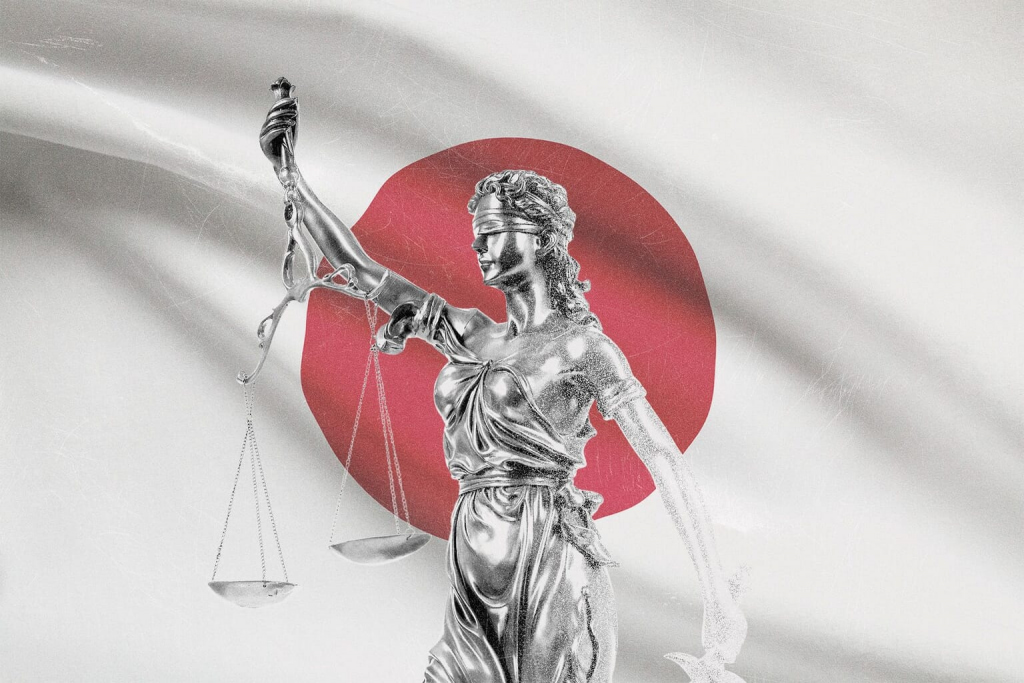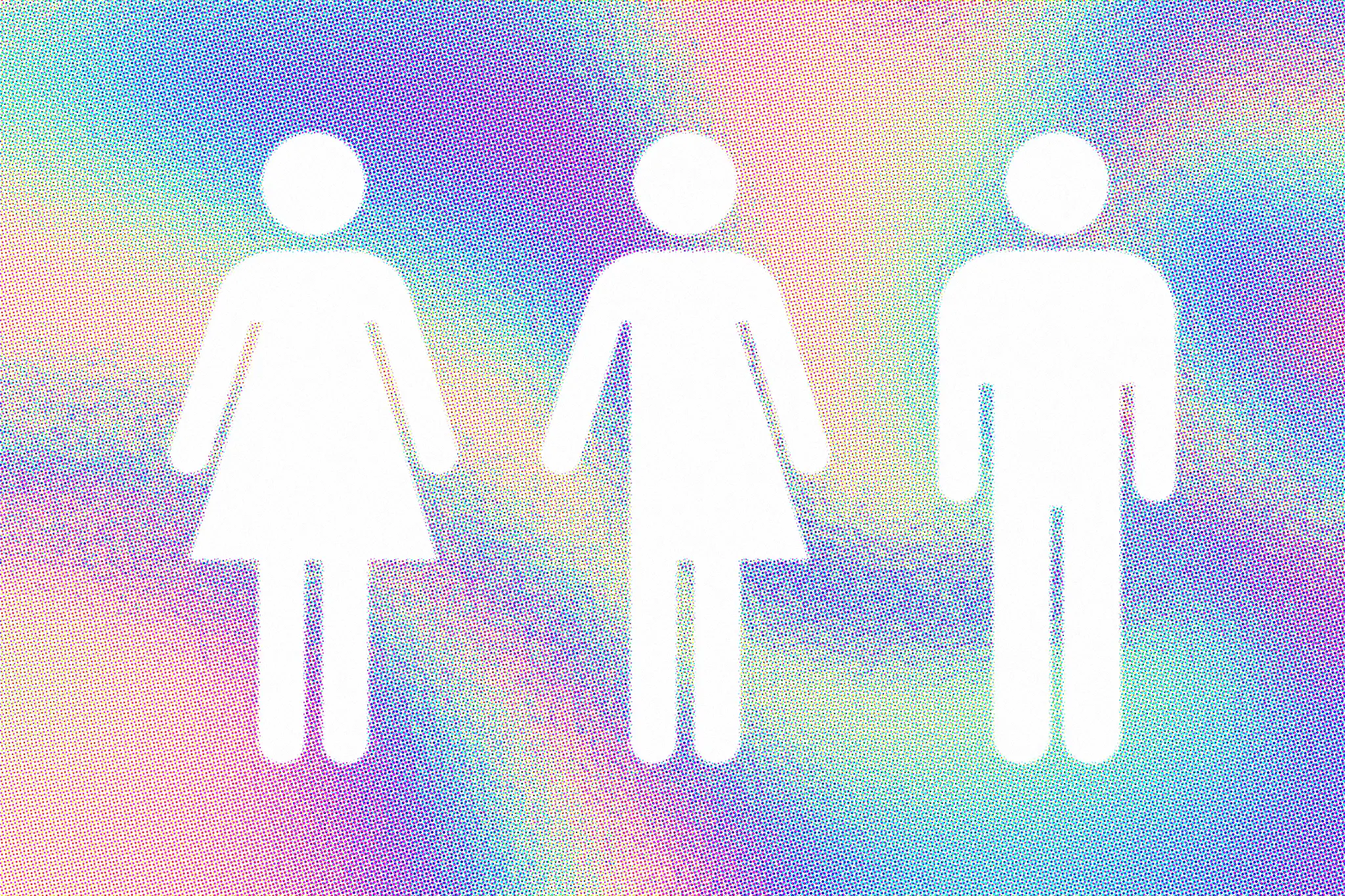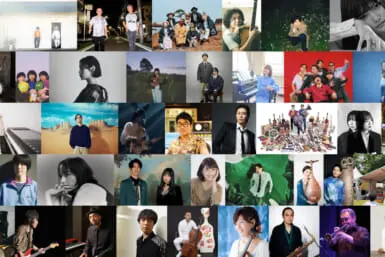According to the World Economic Forum (WEF), at the current rate of progress, Japan will achieve gender parity at some stage in the mid- to late-2100s. A time by which we may have colonized Mars, sent nanobots to distant corners of the universe and finally figured out how to create a desktop printer that actually works.
Now, I harbor no fondness for the WEF, and take most of its assertions with a sack of salt. Shoving the world’s most-monied corporate sycophants and hordes of political cronies into a decadent Swiss resort to discuss the fate of global economics should arouse suspicion in even the most gullible observers. Let the platitudes and prostitution — yes, there are plenty of busy prostitutes in Davos — commence.
However, the Global Gender Gap Report, which the WEF publishes around this time each year, has served as a fairly reliable indicator of male-female disparities worldwide, particularly in those developed nations whose vapid government rhetoric may suggest otherwise. Ditto Japan.
This year, Japan’s rank — which is customarily poor — has somehow gotten worse. It came 125th out of 146 countries, a record low, languishing behind nations that have less than stellar women’s rights records — Tajikistan, Bahrain and Kuwait, to pick a sampling.
Chief Cabinet Secretary Hirokazu Matsuno said, “The government as a whole will aggressively push forward efforts [to address the gender gap],” doing his best to emulate a response produced by ChatGPT. So, Matsuno, show me the plan.
Of course, you’ll know if you’ve paid even cursory attention to Japanese politics in recent years, the plan has been to talk big and deliver little. I refer you to Abe’s Womenomics vision and Kishida championing female empowerment in his “new capitalism” strategy.

The Only Way is Up
In the interest of transparency, Japan’s rank doesn’t show the full picture: it scores well in women’s educational attainment and access to healthcare, as befits a democratic post-industrial nation. But economic participation and opportunity (123rd), and political empowerment (138th) are in particularly dire straits.
I do not envy the young Japanese woman during shukatsu, job hunting season. Dressed like she’s attending a funeral, she’ll enter an intensive period of job interviews where her appearance and posture are likely to be scrutinized more carefully than her CV. Her role as a future mother will be duly noted as the interviewer considers whether she’d be a better fit for contract work than full-time employment. Once — or if — a part-time job is landed, she’ll find it difficult to switch to a more permanent role, especially with the potential of maternity leave hanging over her like the Sword of Damocles. The system is rigged against her, but soldier on she must. Shouganai, it cannot be helped.
Politics, too, is a man’s game. The WEF noted that only 10% of Japan’s parliamentarians are women. Women in Saudi Arabia, who must obtain a male guardian’s permission to marry, are more politically empowered than those in Japan. According to the World Bank, the ratio of Saudi female politicians has jumped from 0% to 20% in the last decade. That alone should cause Japanese officials to stand up and take notice.
Nor is Japan great, to put it charitably, at presenting a strong gender equality image. The story of Yoshiro Mori, a former prime minister and Tokyo Olympic Organizing Committee Chief, lamenting that women yammer too much in meetings generated plenty of media real estate. Yet it won him and Japan few favors, especially in a global political environment where such issues are increasingly charged.
A few weeks ago, Japan was the only country to send a male representative to the G7 summit on gender equality and women’s empowerment. Under normal circumstances, this should have elicited little more than a shrug — men should be involved in the discussion if any semblance of equality is to be attained. But let’s be honest, it wasn’t a good look to have Masanobu Ogura, the meeting’s chair, as the only male in the lineup.

Time for a Change
The real goal here, I would hope, is equality of opportunity; a sociopolitical environment where everybody, irrespective of their immutable characteristics, is afforded the same possibilities in life. Japan is far from creating the conditions that would allow such a society to flourish.
Diversity quotas in business and politics have been floated. But this could open up its own can of worms. In one respect, if you agree that women and men have fundamental underlying differences, then women will bring different skill sets and greater diversity of ideas to the table, therefore boosting productivity. Plenty of studies have attested to this.
But, and I ask this not rhetorically, do women want to be hired because this enables a company to boost its social credit score, or be hired because the company in question believes that they are the right person for the job? If the latter is preferable, perhaps quotas would be better suited as guidance, rather than doctrine.
The deeper issue is that Japan is still an inherently patriarchal society. Men are more likely to run the country, get better jobs, earn more money, face fewer barriers, and not by a negligible factor. But you can’t just rewire a country’s psyche overnight.
German physicist Max Planck once said that “science advances one funeral at a time.” I’d apply his sentiment to Japan’s battle for gender parity. Only as younger, more open-minded generations begin to hold positions of power are we likely to see any significant moves in the right direction. And who knows, it might even happen before we colonize Mars.









